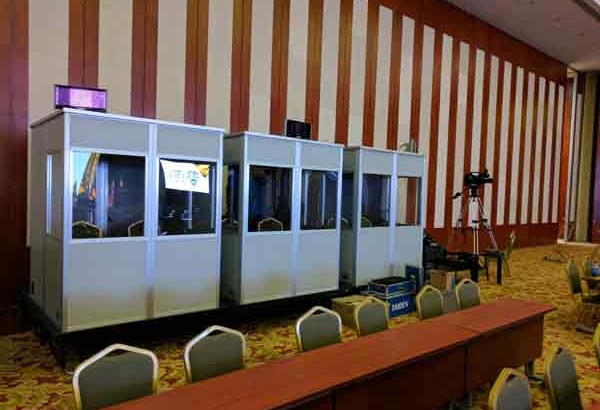 Translation and interpretation are like apples and oranges. They require distinct skill sets from linguists. Generally speaking, translation requires excellent reading and writing skills as well as great attention to detail, whereas interpretation demands outstanding listening and speaking competency, rapid response time, and nerves of steel.
Translation and interpretation are like apples and oranges. They require distinct skill sets from linguists. Generally speaking, translation requires excellent reading and writing skills as well as great attention to detail, whereas interpretation demands outstanding listening and speaking competency, rapid response time, and nerves of steel.
Below is an overview of the skills needed for translation and interpretation.
| Skills | Translators | Interpreters |
|---|---|---|
| Reading comprehension | √ √ √ √ √ | √ √ |
| Writing skills | √ √ √ √ √ | |
| Detail oriented | √ √ √ √ √ | √ √ |
| High-register vocabulary | √ √ √ √ √ | √ √ |
| Deliberation on word choice | √ √ √ √ √ | √ √ |
| Idioms and slang | √ √ | √ √ √ √ √ |
| Quick with vocabulary | √ √ | √ √ √ √ √ |
| Listening comprehension | √ √ √ √ √ | |
| Good pronunciation | √ √ √ √ √ | |
| Voice projection | √ √ √ √ √ | |
| Public speaking | √ √ √ √ √ | |
| Short-term memory | √ √ √ √ √ | |
| Flexible, adaptable, and resourceful | √ √ √ √ √ | |
| Note-taking skills | √ √ √ √ √ | |
| Nerves of steel | √ √ √ √ √ |


